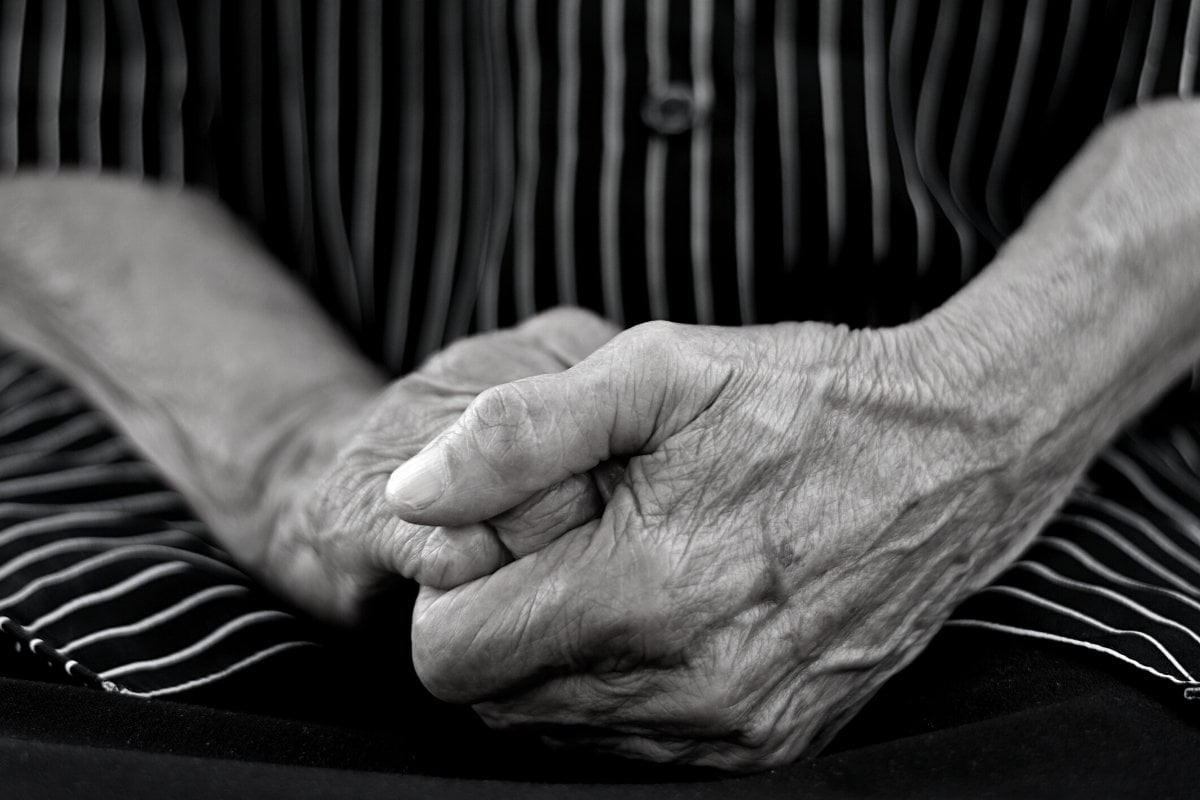
Content warning: the following discusses incidents of sexual assault that may be triggering for some readers.
When I spoke to Carol*, 69, late last year, she didn't want to know the specifics of her prognosis.
She knew her lung cancer was terminal, she knew it had travelled to other parts of her body, and she knew her treatment plan involved chemotherapy and immunotherapy. But that was enough. She left the details up to her two adult sons.
"I don't want anything in my head like that," she told Mamamia, pausing to swallow medication. "I want to have my own agenda. Like, I want to have my birthday, I want to have Christmas. And if I feel sick again, I don't want to be thinking, 'Well, this is it.'
"I don't want someone to say, 'It's all over.' I just don't need that yet, you know?"
But while Carol was reluctant to look forward, the illness led her to reflect on what had been, to acknowledge and try to process events in her life that she wasn't previously ready to face.
It's why she wanted to tell her story. For herself, for other women who've been made to feel like they must suffer in silence.
Watch: Sexual abuse survivor and advocate Grace Tame on the importance of sharing survivor's stories. Post continues below.

Top Comments